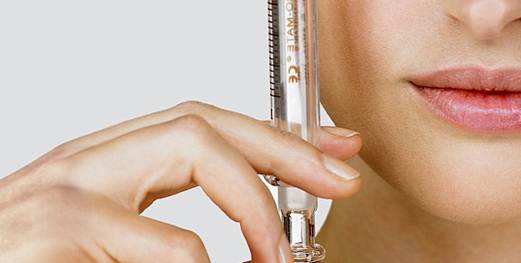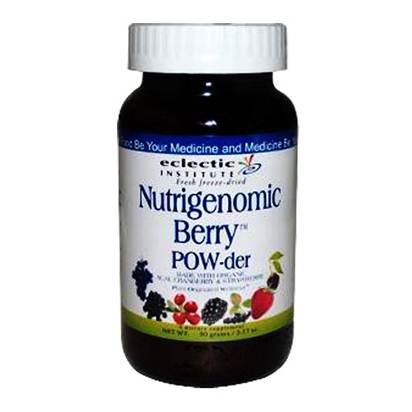From blood plasma therapy to human growth
hormone injections, the quest for youth knows no bounds. We investigate the
latest anti-aging treatments
First came facelifts. Then there was Botox.
Bow there’s an even stealthier – but no less extreme – breed of anti-ageing
treatments on the block.
For the cash-rich and ever-hopeful, the
latest buzz concerns a new generation of “nutrigenomic” supplements. Based on
the effects of food on gene expression, they’re designed to help rebalance
hormones. Dr Daniel Sister, president of the International College for
Anti-Ageing. Nutrition and Aesthetic Medicine in Paris, has tended to the
aesthetic needs of Hollywood’s elite, and says it makes sense that the latest
advances in anti-ageing research should look at the relationship between
hormones and ageing.

“Most people want to find a way to help
them look and feel younger,” says Sister. “Usually their highest priorities are
their appearance and health, and one of the best solutions to improving these
could be correcting hormone imbalances. As we age, hormone decrease, especially
human growth hormone, and if this is too low we age faster, with all the
associated problems such as dry skin, thinning hair and low energy.
“We age because of our chromosomes, wear
and tear and hormone imbalances, but it’s only hormones that doctors can
change.” Says Sister. The medic is behind the BeautyWorksWest YOUTH
nutraceutical ($99 for a month’s supply, beautyworksweast.com), one of three
products just launched in the UK.
These over-the-counter supplements are
designed to trigger the production of youth hormones and “reset” the body’s
aging clock. BeautyWorksWest YOUTH has to be taken twice a day and contains the
powerful amino acids arginine, lysine and glutamine, to help rebalance
hormones.
Global beauty brand Unilever has also
launched a product called Strength Within ($54 for a month’s supply,
dovespa.co.uk) containing a cocktail of nutrients including lycopene,
isoflavones and omega-3 in a much higher concentration that that usually found
in food. Another, called Revive Q10Plus, also targets hormone imbalances and
contains regenerating amino acids ($94 for a month’s supply,
revivea10plus.com).
Hormone injections

Meanwhile, in the US, anti-ageing clinics
have gone way beyond nutrigenomic pills and plasma injections.
Doctors there are claiming to turn back the
clock by prescribing mega doses of supplements that include DHEA, antioxidant
vitamins C and E, glucosamine, omega-3, and more, along with controversial
anti-ageing injections of drugs, including human growth hormone – popular with
an increasing number of Hollywood A-listers.
The quest for youth in the US has led to
age management medicine, where clinicians monitor patients’ nutrients and
hormones and top them up with “bioidentical” hormones. Sourced from plants,
these are said to mimic the structure and function of human hormones better
than the synthetic versions often used in conventional medicine.
By far the most sought after anti-ageing
“miracle” is human growth hormone. Produced by the pituitary gland in the
brain, it stimulates cell regeneration bit declines naturally as we age. A
20-year-old will produce twice as much as 40-year-old and, after this,
secretion drops by about 15 per cent each decade.
Already known as a banned
performance-enhancing and body-building drug, it is also illegal as an
anti-ageing remedy in the UK – even though some people still buy it on the
internet, keep it in the fridge and administer it themselves by injection.
However, in the US it is now legal as an
anti-ageing treatment when injected by a licensed doctor and clinics are
springing up across the country to provide for the huge demand.
Enthusiasts, insist it can help you sleep
better and shed body fat easier, boost your sex drive and make your skin look
better.
However, critics warn that it may increase
your risk of contracting diabetes and cancer because it encourages cells to
reproduce faster. In a recent issue of the Journal of Aging and Health, Dr
Thomas Perls from Boston University warned that the risks of taking growth
hormone far outweight the limited benefit, and that calling them “bioidentical”
gives a false sense of safety.
“The terms bioidentical or all-natural,
misleadingly convey a sense of safety,” he says, “Arsenic is all-natural too,
and it even has some medical uses, but it is anything but safe.”